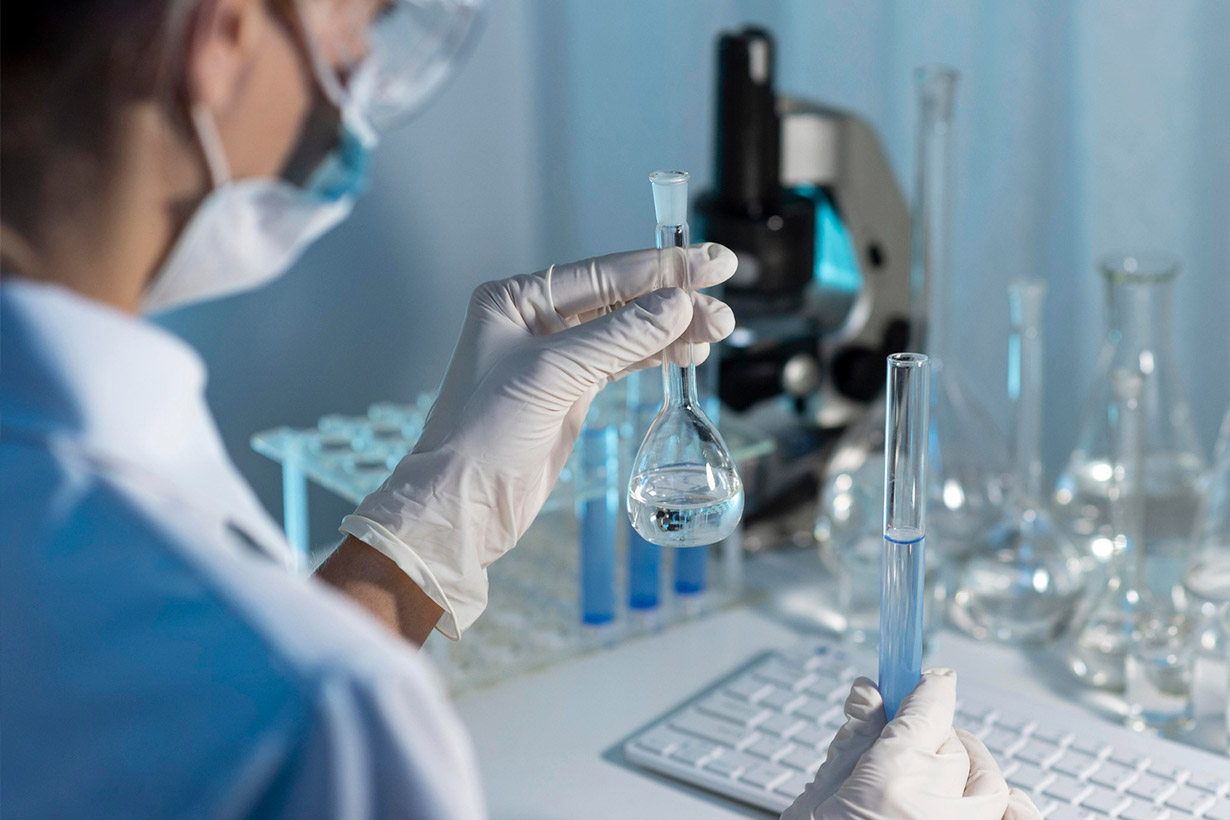Working in the chemical pharmaceutical sector
The Chemical-Pharmaceutical sector is one which is dynamic, stimulating and in constant growth.
In fact chemistry is present in many aspects of daily life: from construction to energy, from hygiene to vehicles, as well as clothing and, of course, medicine. Practically every industrial sector uses chemical instruments, products and technologies.
There are various types of Chemical-Pharmaceutical professions: from researchers to lab technicians, from workers in the chemical plant to commercial sale profiles, such as the sales representative of the drug or the chemist.
Given the high level of complexity of chemical and pharmaceutical products and the risks linked to their processing and use, the figures that take care of quality control, environmental safety, health and, in the pharmaceutical industry, the field of Regulatory Affairs and that of the clinical experimentation of drugs are extremely important.
These are all professions that require a medium/high level of training, normally a scientific degree (for example in Chemistry, Material Sciences, Environmental Chemistry, Chemical Engineering, Biotechnologies, Pharmacy, etc.)
The main clusters in the chemical and pharmaceutical industry are:
- Basic chemistry- basic organic and inorganic chemical products, industrial gases, dyes and pigments, compounds, plastic and synthetic rubber materials in primary form
- Chemistry at the service of other industrial sectors, such as paints, varnishes and enamels, chemical products for farming, glues, explosives, thermoplastic rubbers, synthetic and artificial fibres
- Production of detergents, cosmetics, pharmaceutical products and other fast-moving consumer goods. This sector includes the pharmaceutical industry, that produces medicines, pharmaceutical and botanic preparations, healthcare products.
In addition to chemical production installations and plants of the pharmaceutical industry, another important aspect are research laboratories at companies, universities and institutes, where basic and strategic research is carried out to come up with new processes and to patent new products and drugs.
Furthermore, chemists, pharmacists and laboratory technicians are also employed in analysis laboratories or freelance occupations, providing consultancy and appraisals for the industry, the Public Administration or research bodies, for example in the field of environmental protection, waste disposal and maintenance of systems.
Lastly we should remember that many employment opportunities come from pharmacies and parapharmacies throughout the territory, where a large number of chemists work daily.
Chemical and pharmaceutical companies are at the top for number of employees, and always among the most innovative and technically advanced.
Investing in research and development is vital in this sector: every chemical product and every medicine is the result of scientific study and research making it possible to discover new substances, to make ever more efficient products and to fine-tune more convenient and sustainable production processes, with special attention to the safety and health of man and the environment.
Therefore there are great perspectives for a career in the Chemical-Pharmaceutical industry, especially in frontier areas such as bio and nanotechnologies, the chemistry of materials and “green” chemistry, which uses renewable sources.

